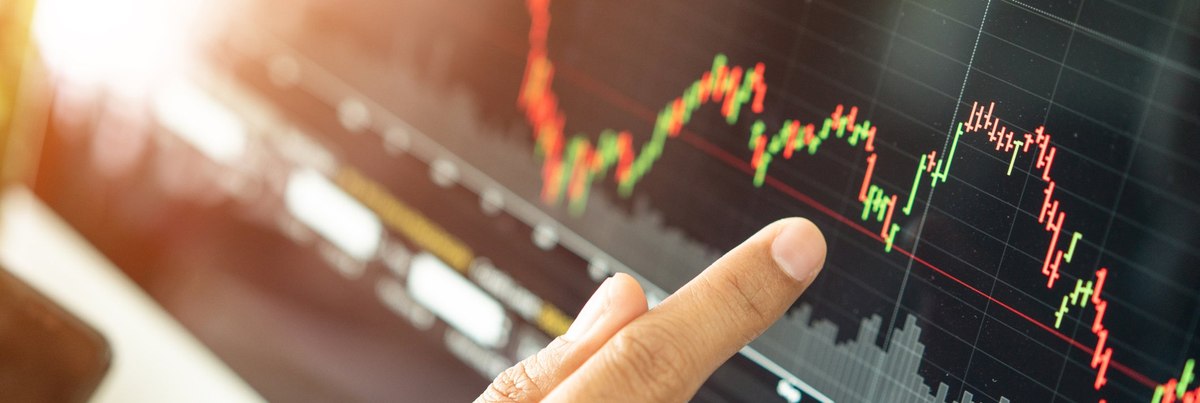Recent forecasts from the Federal Reserve suggest America’s economy may not be in the dire straits many feared during the early months of the pandemic. In June, the Fed expected the economy to shrink by 6.5 percent, but more recent estimates say that the economy is now expected to shrink by 3.7 percent by the end of 2020.
Like the Fed, Americans may also be growing cautiously optimistic. The latest data from The Economist and YouGov finds that 23 percent of Americans now think the economy is getting better. This is the highest this figure has been since March 14, 2020, when 25 percent believed the economy was improving.
However, a plurality of Americans (43%) still believe the economy is getting worse. Almost a quarter (24%) of US adults believe that things are staying about the same.
Looking forward, Americans aren’t sure if either presidential candidate will necessarily improve the economy. About two in five (38%) expect it to get worse if Democratic presidential nominee Joe Biden is elected, while 36 percent say the same about President Donald Trump.
Americans have slightly more faith that the economy would get better under Trump (37%) rather than Biden (32%).
Related: Biden remains ahead of Trump among likely voters, but his supporters are nervous
See the toplines and crosstabs from this week’s Economist/YouGov Poll
Methodology: The Economist survey was conducted by YouGov using a nationally representative sample of 1,500 U.S. adult citizens interviewed online between September 20 - 22, 2020. This sample was weighted according to gender, age, race, and education based on the American Community Survey, conducted by the US Bureau of the Census, as well as 2016 Presidential vote, registration status, geographic region, and news interest. Respondents were selected from YouGov’s opt-in panel to be representative of all US citizens. The margin of error is approximately 3.6% for the overall sample.
Image: Getty










